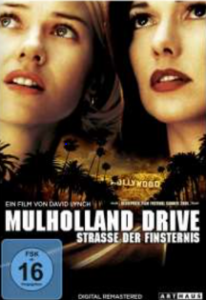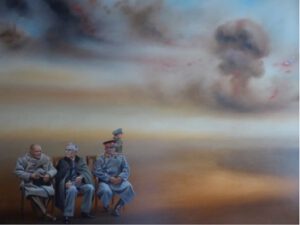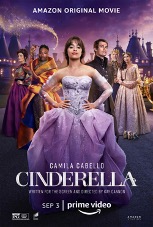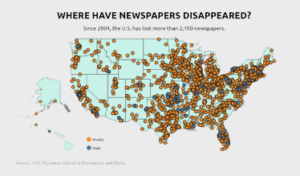Michael Fassbender, Marisa Tomei, and Alexandra Daddario: What do these three actors have in common?
You may not know all of them, but what you need to know is that they’ve all played a character from a book or a comic, and that they don’t look like their book-alikes at all! For some people, this may not be relevant, but for book fans, who’ve lived side-by side with their fictional characters, it’s highly important that an actor who somewhat resembles the protagonist in the book plays the role. I’m an avid reader, and whenever the rights to one of my favourite books are bought, I begin to think about the perfect actor who would best fit the role.








 Have you ever felt like not watching movies for a while just because you saw one that’s so damn good you knew watching anything else after it would just disappoint you? This is the spell that Mulholland Drive has cast on me.
Have you ever felt like not watching movies for a while just because you saw one that’s so damn good you knew watching anything else after it would just disappoint you? This is the spell that Mulholland Drive has cast on me.
 Once upon a time, there was a young woman named Cinderella (Camila Cabello). In the 2021 film, she loves to design dresses and wants to make a business out of it. When the prince (Nicholas Galitzine) announces a ball, her stepmother Vivian (Idina Menzel), wanting to protect her from the patriarchal world outside, destroys Cinderella’s dress to keep her from potentially marrying a man she’d just met. The prince, however, is in love with his best friend (Jenet Le Lacheur) but can’t really admit it – not even to himself. Also, he’s not qualified to rule the kingdom. The patriarchy, however, wants him to become king and will never agree to his smart sister (Tallulah Greive) becoming queen.
Once upon a time, there was a young woman named Cinderella (Camila Cabello). In the 2021 film, she loves to design dresses and wants to make a business out of it. When the prince (Nicholas Galitzine) announces a ball, her stepmother Vivian (Idina Menzel), wanting to protect her from the patriarchal world outside, destroys Cinderella’s dress to keep her from potentially marrying a man she’d just met. The prince, however, is in love with his best friend (Jenet Le Lacheur) but can’t really admit it – not even to himself. Also, he’s not qualified to rule the kingdom. The patriarchy, however, wants him to become king and will never agree to his smart sister (Tallulah Greive) becoming queen.